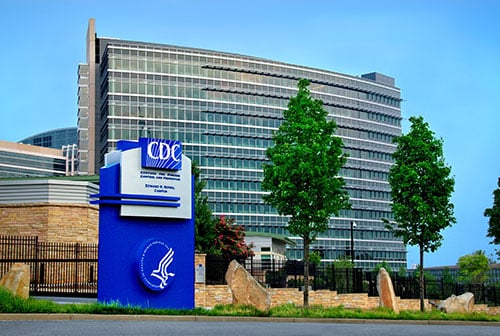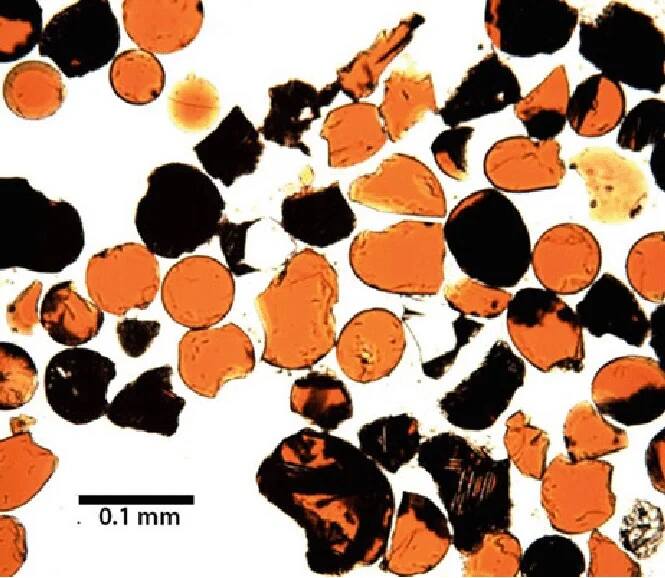The Centers for Disease Control and Prevention is facing a crisis as top scientists leave their jobs over major changes to vaccine policy. Dr. Fiona Havers, who worked at the CDC for 13 years, quit her position on June 17, 2025, saying she lost confidence that health data would be used properly under new leadership.
Health Secretary Robert F. Kennedy Jr. has made sweeping changes since taking office. He fired all 17 members of the CDC’s Advisory Committee on Immunization Practices, which helps decide which vaccines Americans should get. This committee has guided vaccine policy for decades, making recommendations that insurance companies follow and states use for school requirements.
Kennedy replaced these experts with eight new members. At least half of them have questioned vaccine safety in the past. Two have even testified against vaccine companies in court cases. The fired committee members wrote in a medical journal that these changes have “critically weakened” America’s vaccine program.
“A lot of Americans are going to die as a result of vaccine-preventable diseases” if these changes continue, Dr. Havers told The New York Times. She said the CDC’s careful processes for making vaccine decisions were being torn apart.
Kennedy also announced that the CDC would stop recommending COVID-19 vaccines for healthy children and pregnant women. He made this announcement on social media in a one-minute video, bypassing the usual scientific review process.
Adams worries that doctors and patients will no longer trust the committee’s vaccine recommendations. He pointed out that some new members like Dr. Robert Malone and Retsef Levi have been criticized for spreading false information about vaccines in the past.
The changes go beyond just changing people. Kennedy has shifted $500 million in funding from new vaccine technologies to older, whole-virus vaccine research. He has also threatened to cut federal funding from medical schools that don’t offer specific nutrition education.
Dr. Havers isn’t the only one leaving. Dr. Lakshmi Panagiotakopoulos, who oversaw COVID vaccine work, quit two weeks before Havers. The CDC has also seen other senior leaders resign, including Melinda Wharton, who managed the advisory committee’s operations and was removed from her job.
The Department of Health and Human Services defended the changes. Spokesperson Andrew Nixon said the agency is “committed to following the gold standard of scientific integrity” and that vaccine decisions will be based on “objective data, transparent analysis and evidence.”
Similar Posts
However, critics see this differently. Congresswoman Rosa DeLauro called Kennedy’s actions a “politically motivated assault on vaccine science.” She warned of a “catastrophic and far-reaching” death toll if these policies continue.
The timing creates additional problems. The CDC has been without a permanent director since the new administration began. This means there’s no one to officially approve vaccine recommendations, even routine ones.
In April, the advisory committee recommended RSV vaccines for people 50 and older at high risk. But Kennedy hasn’t endorsed this recommendation. The new committee will reconsider it next week.
Dr. Jerome Adams expressed concern about the precedent this sets. “We’ve now set the precedent that whenever a new president and a new HHS secretary comes in, if they don’t like the results of ACIP they can just kick everybody out and start all over again,” he said.
The changes come at a time when vaccine hesitancy is already a problem in America. Public health experts worry that having government officials question vaccine safety could make more people refuse vaccines, leading to outbreaks of preventable diseases.

Dr. Havers, who also works as a doctor at the Atlanta Veterans Affairs Medical Center, doesn’t know what she’ll do next. She plans to spend time gardening and with her family while deciding on her future.
The controversy highlights a broader debate about how science and politics interact in government health agencies. Many experts worry that political considerations are now driving health policy instead of scientific evidence.


















